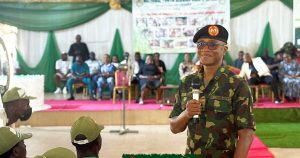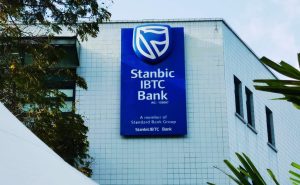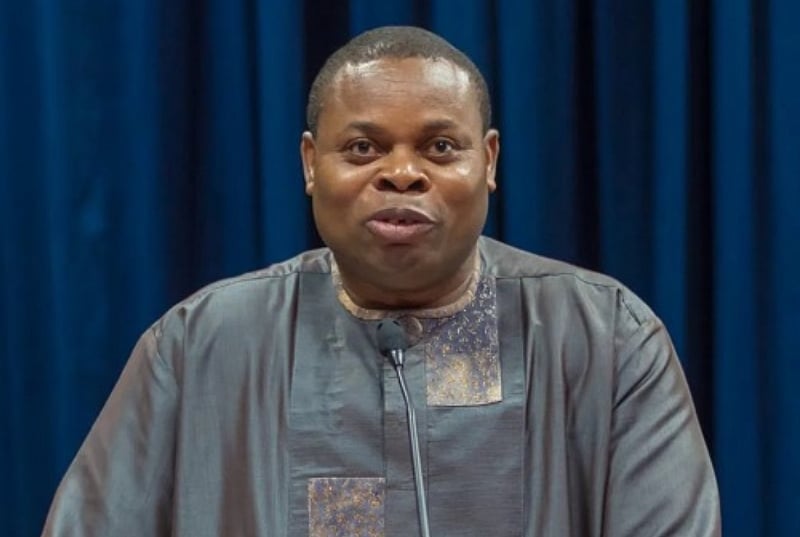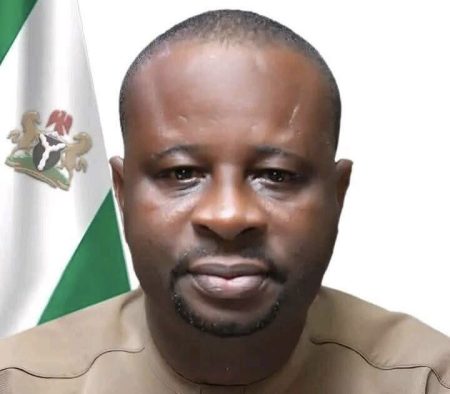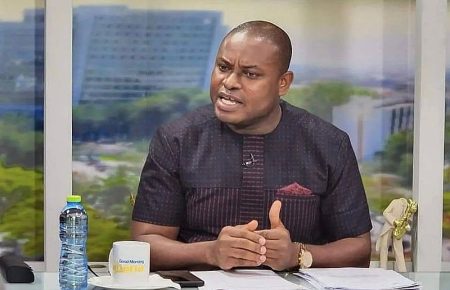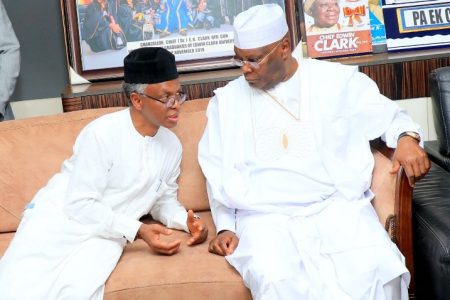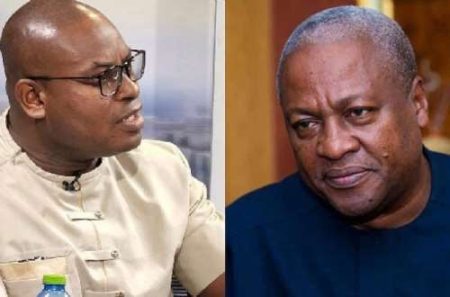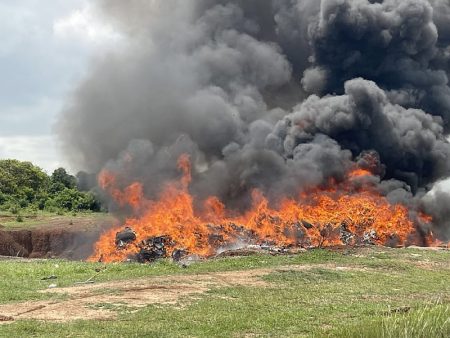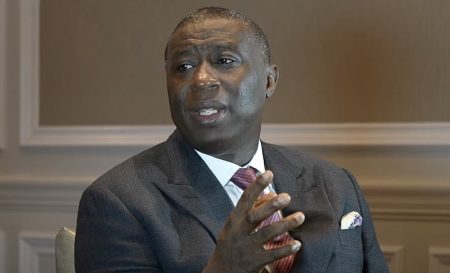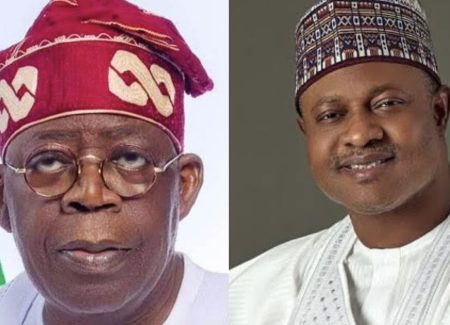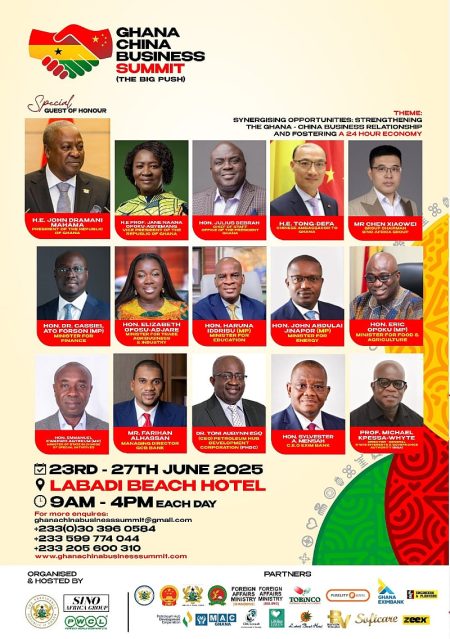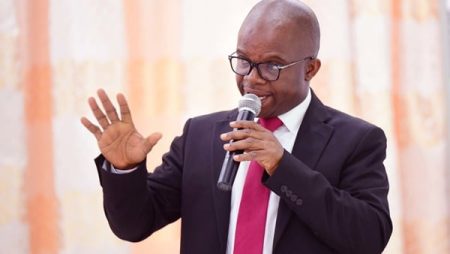The New Patriotic Party (NPP) in Ghana finds itself embroiled in internal strife as the race for its flagbearer position heats up. Following the National Executive Council’s announcement of January 31, 2026, as the date for the flagbearer elections, the party has descended into a public display of factionalism, centered around the two leading contenders – former Vice President Dr. Mahamudu Bawumia and former Member of Parliament for Assin Central, Kennedy Agyapong. The escalating tension, primarily manifested in competing claims of parliamentary support, has drawn sharp criticism and fueled concerns about the party’s direction.
The core of the contention revolves around the alleged endorsements from the NPP’s parliamentary caucus. Dr. Bawumia’s camp asserts that he has garnered the backing of over 60 out of the 88 NPP MPs, citing visits from several MPs to his office. Conversely, Kennedy Agyapong’s supporters maintain that he enjoys the support of at least 50 MPs. This public wrangling over parliamentary endorsements has transformed into a proxy battle for supremacy within the party, overshadowing more critical issues facing the nation and the NPP’s prospects for regaining power.
Franklin Cudjoe, the founding president of IMANI Africa, a prominent think tank, has expressed deep disappointment at this turn of events. He laments the decline of the NPP from its perceived glory days under former President John Agyekum Kufuor, contrasting the party’s current state of internal squabbling with its former image of unity and respect. Cudjoe criticizes the focus on securing parliamentary endorsements as a misplaced priority, arguing that the party should instead concentrate on rebuilding public trust and presenting a compelling vision for the future of Ghana.
Cudjoe’s critique centers on the need for the NPP to address the issue of corruption decisively. He urges the party to prioritize holding corrupt individuals accountable, including banning them from contesting elections. He further emphasizes the importance of presenting a credible and detailed plan for governance, devoid of empty slogans and political spin, to regain the confidence of the electorate. He suggests that demonstrating a genuine commitment to tackling corruption and offering substantive solutions to national challenges is more likely to resonate with voters than internal power struggles.
The current situation highlights a deeper malaise within the NPP. The party is grappling with the aftermath of the 2024 elections, where it appears to have suffered significant losses. The focus on internal competition, rather than introspection and rebuilding, suggests a disconnect from the concerns of the broader electorate. The public sparring between the Bawumia and Agyapong camps risks further alienating voters who are looking for solutions to pressing national issues, not internal party squabbles.
The NPP’s flagbearer race is not solely a contest between Bawumia and Agyapong. Other contenders, including former Education Minister Dr. Yaw Osei Adutwum, Abetifi MP Bryan Acheampong, and former NPP General Secretary Kwabena Agyei Agyepong, are also vying for the top position. However, the dominant narrative has been shaped by the very public rivalry between the two frontrunners. This dynamic threatens to overshadow the contributions and perspectives of the other candidates, potentially limiting the party’s ability to engage in a broader and more inclusive discussion about its future direction. The NPP faces a critical juncture, and its ability to navigate this internal turmoil and present a united front will significantly impact its chances of regaining public trust and electoral success. The party needs to shift its focus from internal power struggles to addressing the concerns of the electorate and offering a compelling vision for the future of Ghana.


